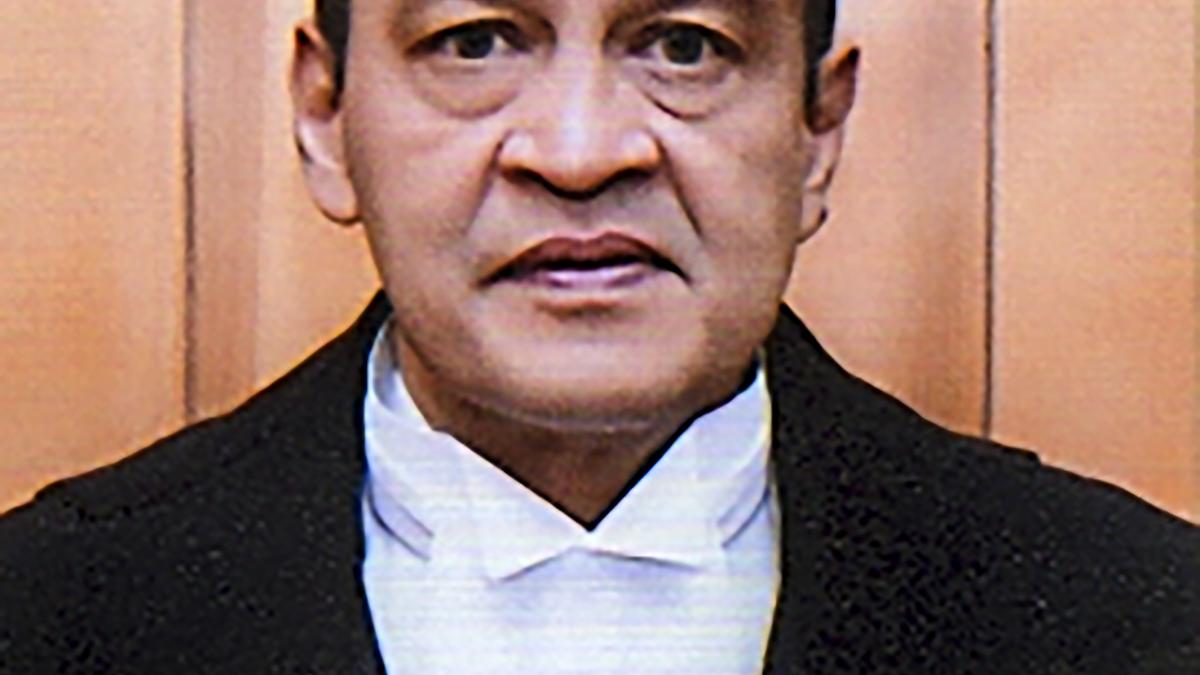Now Reading: Congress Launches Signature Drive to Seek Justice Varma’s Removal, Challenges Government’s Credit Claim
-
01
Congress Launches Signature Drive to Seek Justice Varma’s Removal, Challenges Government’s Credit Claim
Congress Launches Signature Drive to Seek Justice Varma’s Removal, Challenges Government’s Credit Claim

Quick Summary
- The Opposition moved a motion in the Rajya Sabha seeking the removal of Justice Yashwant Varma over allegations of corruption and misconduct.
- A fire at Justice Varma’s official residence on March 14 revealed wads of half-burnt currency notes, prompting alleged links to financial irregularities.
- The motion was initiated during a Congress Parliamentary Strategy meeting and gained 63 signatures from various Opposition leaders. Trinamool Congress and Samajwadi Party MPs did not sign due to absence.
- Vice-President jagdeep Dhankhar announced receipt of the motion and began procedural steps, including coordinating with Lok Sabha for possible joint investigation by statutory committee members if motions were submitted in both Houses on the same day.
- Grounds cited in the three-page motion include financial misconduct, unnatural conduct, concealment, breach of public trust, and findings from an earlier Supreme Court internal committee report recommending Justice Varma’s removal.
- During signature authentication processes on July 20-21, Mr. Dhankhar confirmed that 51 out of 55 signatures from Opposition MPs were validated-meeting legal requirements for motion acceptance.
Indian Opinion Analysis
The move to impeach a sitting judge highlights important concerns regarding accountability within india’s judiciary. Allegations tied to unexplained cash discoveries risk undermining public trust in judicial institutions. The bipartisan effort requested earlier by the government underscores how critical it is for both ruling and opposition parties to demonstrate unity when addressing allegations involving key democratic bodies like courts.
Procedural adherence remains crucial; mechanisms such as joint statutory committees ensure thorough examination without prejudice while safeguarding constitutional provisions under article 124(4). However, political divisions could dilute focus from core investigative goals if collective agreement fails or partisanship surfaces during deliberations.
Ultimately, this development marks an opportunity for India’s democratic framework to reinforce checks and balances via clear juridical scrutiny while maintaining accountability at all levels.
Read more: The Hindu
























